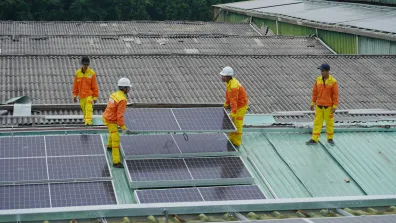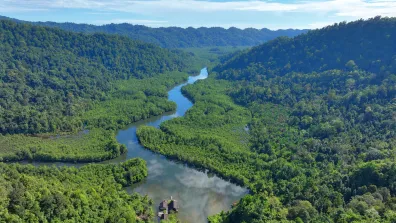Glencore’s exit from the Philippines
Glencore has sold its shares of the gold-copper Tampakan mine after about five years of facing a ban on open-pit mining in the Philippines.
The mining operations have faced strong opposition from the people because environmental degradation and human rights violations. War on Want’s documentary “Stop Glencore’s deadly mine” exposed the impact on communities at this year’s Glencore Annual General Meeting.
Glencore land-grabbed 24,000 hectares of forests and agricultural lands of indigenous people and peasants, with national government consent. Along with their para-military and military forces, the company is a suspected perpetrator of gross human rights violations in the mining-affected communities. These include the massacre and assassination of at least 10 indigenous people, children, and environmental activists since 2001.
Yet Glencore states that: “it is proud to be a member of the Voluntary Principles on Security and Human Rights and the International Council on Mining and Metals. We are an active participant in the Extractive Industries Transparency Initiative”
War on Want’s partner in the Philippines, Kalikasan (People’s Network for the Environment) which have been campaigning against the deadly mine have stated that this is a massive step towards the total closure of the mine. Enteng Bautista, leader of Kalikasan said: “we take this as a partial victory and the result of people’s pressure. We will continue struggling to attain justice and to stop further developments of the Tampakan mine”.


